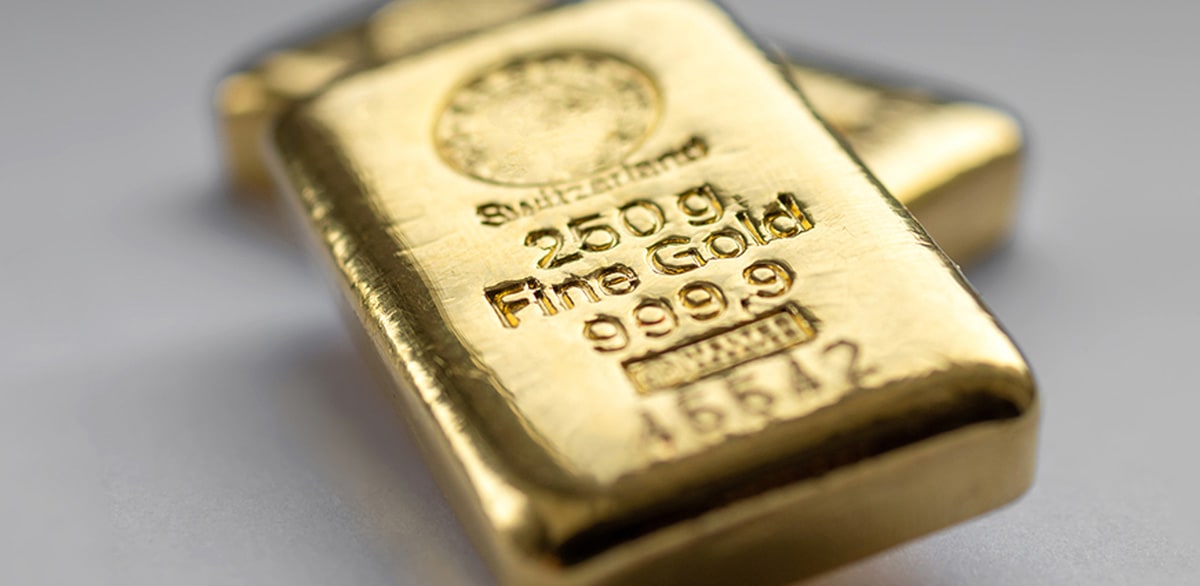| ETFs | Mutual Funds | Mining Stocks | Certificates | |
|---|---|---|---|---|
| Asset Type | Commodity fund | Investment fund | Shares in mining companies | Proof of ownership of a certain amount of gold |
| Access | Easily bought and sold on the stock market | Subject to requirements set by fund manager | Easily bought and sold on the stock market | Bought by specific banks and investment companies |
| Trading | Portfolio manager chooses individual stocks | Fund manager determines individual stocks | Buy and sell freely as individual shares | Buy and sell directly to fellow investors |
| Liquidity | High liquidity but dependent on the popularity of ETF | Low liquidity dependent upon fund’s holding period | High liquidity but dependent on the popularity of mining stock | Low liquidity due to smaller market |
| Risk | Low risk but open to market manipulation | Low risk but open to market manipulation | High risk dependent upon success of mining company | High risk due to lack of popularity |
Different Types of Gold Assets

Gold ETFs
Gold exchange-traded funds (ETFs) are commodity funds designed to track the spot price of gold. Typically, gold ETF managers hold a combination of physical gold, derivatives contracts, and cash. You can easily buy and sell shares of these investment funds on the stock market as you would any individual stock. SPDR Gold Shares (GLD) is the most popular gold ETF with over $31 billion worth of gold reserves.
👉 Related: Can Gold ETFs Help Achieve Your Investment Goals Better Than Physical Gold?
Gold Mining Stocks
Gold mining stocks represent partial ownership in a company involved in the discovery, extraction, or production of gold. You can easily buy and sell these shares as individual stocks on traditional exchanges. Gold mining stocks offer exposure to gold prices but are primarily influenced by the mining business’s performance. This exposure can lead to compounded gains or additional losses depending on the success of the company.
Gold Mutual Funds
Gold mutual funds pool together funds from various investors to purchase various gold-related assets including gold ETFs, mining stocks, and – in some instances – physical gold. The purpose of gold mutual funds is to expose investors to a wider array of investments than would otherwise be possible by relying on their funds alone. Ultimately, fund managers control what kind of gold investments are made through the mutual fund which limits the control of investors.
Gold Certificates
Gold certificates are paper receipts proving ownership of a certain amount of gold. Throughout the 20th century, these certificates were commonly issued by the central bank and backed by US gold reserves. Ever since the abandonment of the gold standard, government gold certificates have been traded as collector’s items. However, some banks and financial institutions still offer gold certificates to investors although the market is considerably small.
Advantages of Paper Gold Assets
Lower Barrier of Entry
The ease of buying paper gold assets is one of their biggest selling points. Most trading platforms, fund managers, and retirement planners accommodate at least one form of paper gold asset. Investors don’t have to open up any special accounts, meet with new financial advisors, or make substantial investments. The process is relatively simple and straightforward.
No Storage
Another benefit of investing in paper gold assets is not having to worry about storage. With physical metals, you have to organize a secure storage location to protect your investment from theft and damage. Paper gold assets, on the other hand, are completely digitalized. Shares are held within your investment account or within a shared portfolio.
Downsides of Paper Gold Assets
Indirect Exposure
No matter how closely paper assets track the price of gold, these investments only offer indirect exposure to physical metals. You have to hold physical gold assets to gain the full spectrum of gold benefits. Buying shares of an ETF, fund, or mining company dealing with physical gold will always fall short of true diversification.
Subject to Manipulation
It’s no secret that paper markets are manipulated by institutional players, but some investors still assume paper gold assets offer a safe haven from the whales. Unfortunately, paper gold investments are subject to the same level of manipulation as the rest of the market. For example, in 2022, two J.P. Morgan traders were convicted of fraud and price manipulation in relation to precious metals assets. Paper gold assets are always tied to the fiat market which means manipulation is an ever-present threat.
Lack of Privacy
If you’re worried about Uncle Sam’s prying eyes, you’re not going to find privacy in paper gold assets. These investments are structured the same as all fiat-backed assets which means you’re subject to the same government oversight. It takes physical gold assets to achieve real privacy. It’s infinitely harder for governments to monitor physical assets under private management and control when compared to paper assets.
Limited Control
Relying on gold ETFs, mutual funds, or mining stocks puts other people in control of your wealth. The performance of your assets is dependent upon the decisions of portfolio managers, fund managers, and mining company executives. True ownership is achieved through physical assets where you have the final say in the metals and types of assets you purchase.
There’s a huge disconnect, right now, between the paper market…and the price for physical gold and silver.–Sr. Precious Metals Advisor Todd Graf
Why Physical Gold May Be Ideal for Your Investment Goals

The ease of investing in paper gold assets is attractive at first, but these investments don’t offer all the advantages of physical gold. If you’re looking for increased profits, better protection from market volatility, and greater privacy and control, you should consider investing directly in physical precious metals. Remember: If you can’t hold it, you don’t own it.
If you’re interested in learning more about precious metals investing and if it can help diversify your investment portfolio, please contact a Precious Metals Advisor by calling toll-free at 1-888-812-9892 or using our live chat function. Our advisors can help you determine if physical gold is the right investment strategy based on your unique goals.


